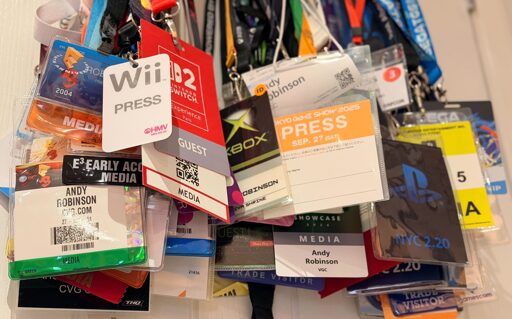“For quality games media, I continue to believe that the best form of stability is dedicated reader bases to remove reliance on funds, and a hybrid of direct reader funding and advertisements. If people want to keep reading quality content from full time professionals, they need to support it or lose it. That’s never been more critical than now.”
The games media outlets that have survived, except for Gamespot and IGN, have just about all switched to this model. It seems to be the only way it survives.



It’s a symbiotic relationship that advances goals for each, but no, they’re not paid ads, and it’s been debunked over and over again. Some game reviews higher than someone feels it should, and they conclude it only could have been paid off, but it wasn’t. Here are a few things that do happen that influence review scores though:
This makes a lot of sense.
It would be nice if multiple people reviewed each game, and then they discuss before publishing a review. That’s one thing I really like about Digital Foundry, though they focus way more on technical details than overall gaming experience, but it’s very fun to see what each reviewer has to say about a given title.
That’s often a matter of resources. Staff sizes are only getting smaller at these outlets, and there are more games released each year than ever before; and they’re trending toward being longer on top of that. Being able to get multiple people to review a single game is a luxury, one that Digital Foundry can afford when they just need to benchmark a typical scene in the game.